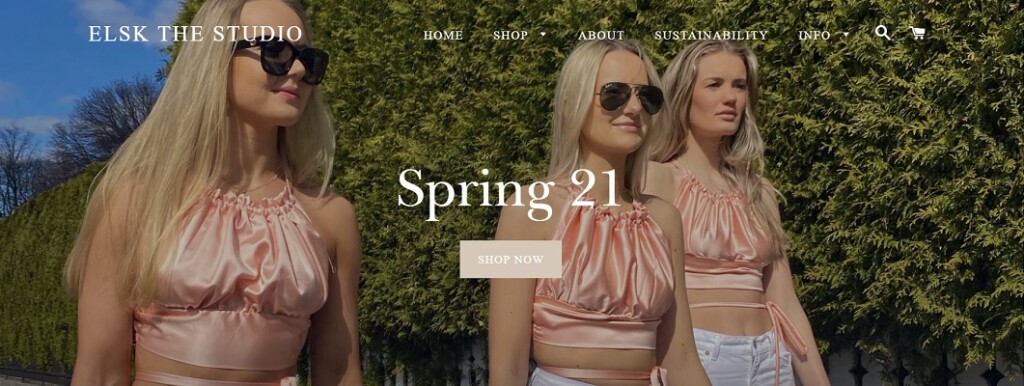Page 209 • (3,317 results in 0.064 seconds)
-
first change of plans was the wood stain. Instead of an oil-based stain, we decided to go with a water-based option. Water-based stains are better for the environment, don’t produce toxic fumes, and dry faster than oil-based stains. Three coats of stain were done, as well as three coats of topcoat, leaving a polished finish to the wood. In August we had a final construction consultation. This project switched hands and some details were lost in the process. During the consultation, we discovered
-
responsibility for the Confederation of Indian Industry. For my part, the impact of living overseas has been most profoundly felt in the recognition that my life – along with its achievements, disappointments and every day challenges – forms but a small drop in the ocean of humanity. My time overseas has invariably altered my constitution, leading me to redefine success and failure, distinguish my genuine needs from wants, and identify the liberties I so freely enjoy and often take for granted. Possibly the
-
interviewing civic leaders. Community-Based Research: “is a partnership of students, faculty and community members who collaboratively engage in research with the purpose of solving a pressing community problem or effecting social change” (Strand, et al, 2003) Ex. Sociology students interviewing local food bank clients to enhance food bank services. Which Community-Engaged Learning Option might be best for you? Service Learning Community-Based Learning Community-Based Research Do you want
-
roommate in mind, things might change! Complete this section as if you do not know who your roommate will be and were being matched with a random roommate. Our Community Directors will read through each roommate questionnaire for students who do not have a requested roommate and match you together to the best of our abilities with someone we believe you will be compatible with. Take your time thinking about and writing out your answers so that we can match you with someone you’ll be successful living
-

. Despite learning online, the lessons stuck. “The goal of Innovation Studies is to help us be creative and multiply our impact through teaming and social initiatives,” she said. “I was hooked!” Lund continued to experiment with clothing design and her friends began to notice. During Winter 2020, she decided to advertise some of her hand-made products to people in the Oslo area. The response was strong enough that she launched Elskthestudio.com, a clothing business focused on women’s fashion and
-
. Halvorson’s research interests include American business history, the history of computing, and the creative use of technology in the social impact sector. He has published books and articles on the history of Microsoft Corporation, the PC Revolution, software development systems, and business software. He has also written widely about the history of early modern Europe, including the Renaissance and Reformation movements. Halvorson graduated from PLU in 1985 with a bachelor’s degree in Computer Science
-
tour. back to top Parents Show more information about these links Get Involved Even though your student may be farther away, you can still be involved in their school. Check the list below for how you might make an impact. Prospective At PLU, we realize most students don’t attend college alone. They are supported by their parents, relatives, friends and supporters. In many cases, parents and family members have different questions than students do. Explore and Visit Visiting a college is one of the
-
. The Global Scholar Grants program will help the university meet and exceed that goal. “This will have a profound and significant impact on our study away program,” President Loren J. Anderson said in announcing the scholarship fund last Thursday night. PLU made history in 2006 by becoming the first United States university to have students and faculty studying on all seven continents simultaneously – including an exploration of the natural history, environment and conservation of the Antarctic
-
of Kansas in 1981, with a major in special education and a minor in language development. He joined the PLU faculty in 1981 and since 1994 has held the rank of professor. Reisberg has contributed to the literature in special education by focusing on topics that can positively impact the lives of students with academic and behavior difficulties, among them classroom management, technology-based instructional methods, and para-educator training. He has held many roles in the School of Education and
-
cultural values that are different from their own, and learn to recognize when they are acting/reacting on the assumption that their values are “right.” (In other words, to recognize when they are being ethnocentric.) These anthropological learning objectives are congruent with PLU’s Wild Hope Project, in that they give students the chance to discover the kind of “big enough questions” that will continue to have an impact in the student’s life beyond the classroom, today and in the future. Both courses
Do you have any feedback for us? If so, feel free to use our Feedback Form.


